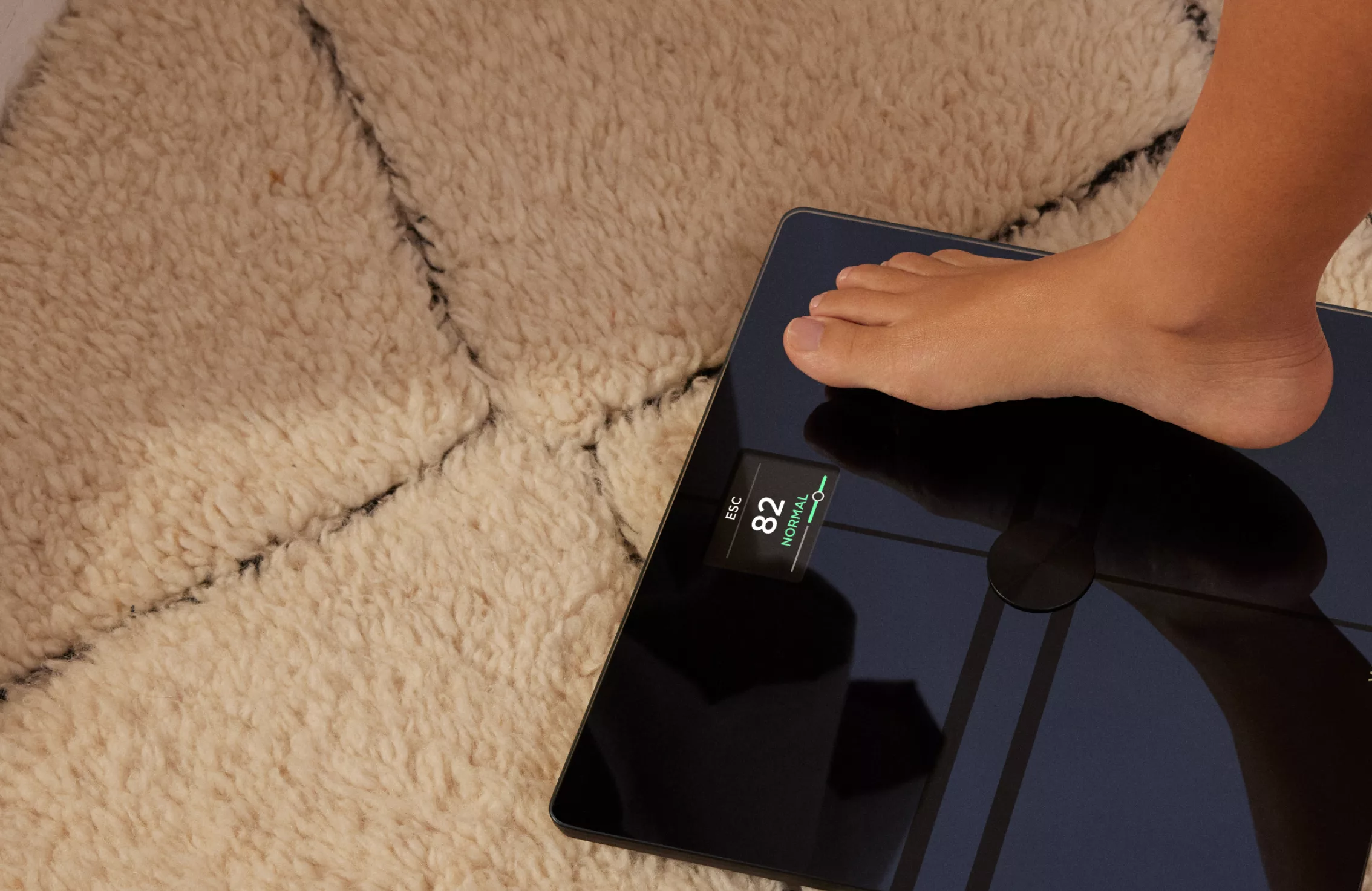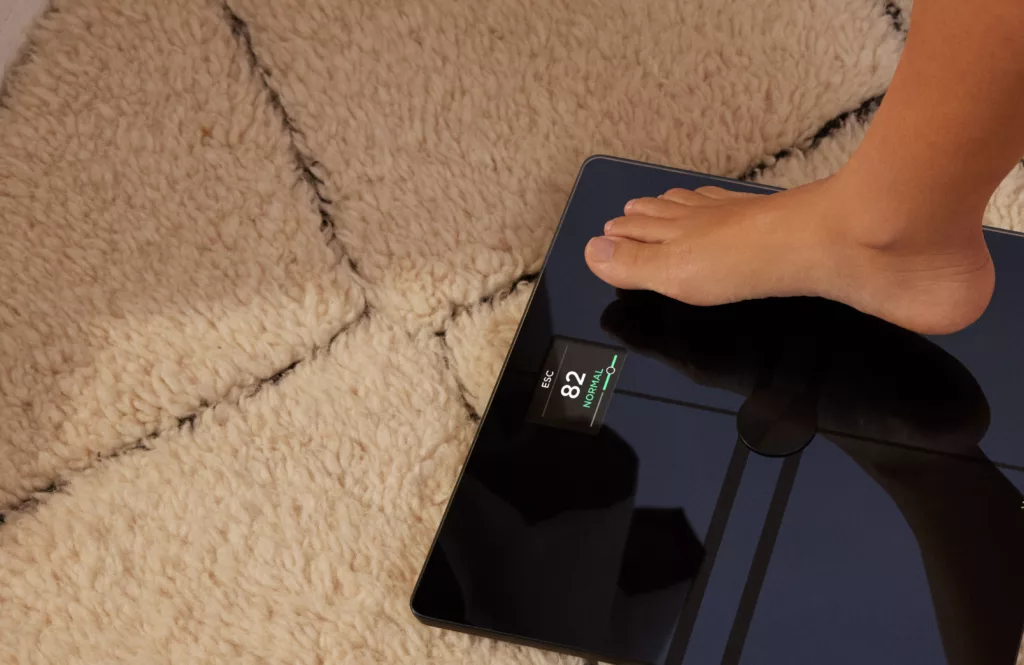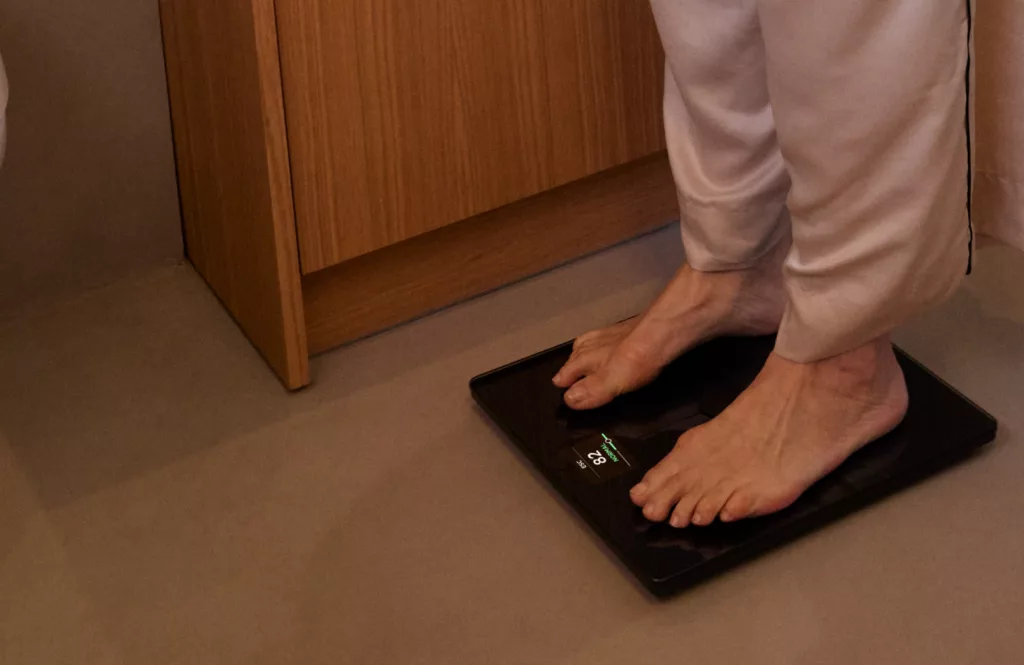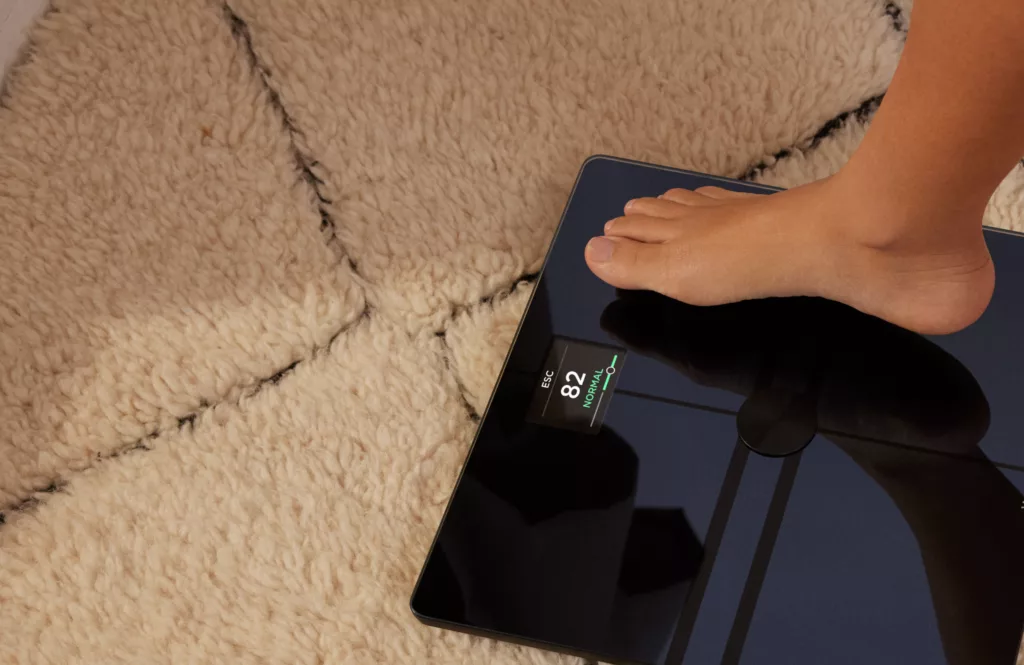Neuropathy and DFU Prevention to be Highlighted at the ADA’s 84th Scientific Sessions

When the world’s leading clinicians and researchers gather later this month in Orlando, Florida at ADA’s 84th Scientific Sessions, diabetic peripheral neuropathy and diabetic foot ulcer prevention will be spotlighted.
Culturally-Sensitive Nutrition Education Studied for Pre-Diabetic African American Patients

Withings remote patient monitoring devices will be used by The Strelitz Diabetes Center at Eastern Virginia Medical School (EVMS) and WelFore Health for a multi-year, ADA-funded study. In an interview with Dr. Henri Parson (EVMS) and Ann-Marie Stephens (WelFore), Dr. Parsons states, “If we are able to prevent (diabetes) in a population where it is very prevalent, with the idea of using food as medicine, then it is a huge outcome.”
LifeMD Partners with Withings to Transform GLP-1 Weight Management Care

LifeMD becomes the first virtual primary care provider to employ the advanced technology of Withings Rx-based, at-home Body Pro 2 scale, as well as its BPM Connect Pro blood pressure monitor, to track the impact of GLP-1 treatments on a real-time, daily, longitudinal basis.
What is Electrochemical Skin Conductance?

Electrochemical skin conductance (ESC) is a non-invasive measurement of the sudomotor function. It measures sweat gland nerve supply and assesses disorders of the autonomic nervous system, which is part of the peripheral nervous system.
The ADA and Withings Join Forces to Reduce Diabetes Risk and Complications

Peer-reviewed studies have shown that only a fraction of people with diabetes comply with the American Diabetes Association (ADA) standard of annual foot exams. The ADA is now using Withings smart scales in its signature Project Power program to promote regular foot exams and better foot health for people at high-risk for diabetes
Small Fiber Neuropathy – The Under-Diagnosed Peripheral Neuropathy

In an interview with Harvard Medical School’s Harvard Health, Dr. Khosro Farhad, a neuropathy expert at Harvard-affiliated Massachusetts General Hospital, noted that small-fiber neuropathy is generally underdiagnosed because routine neurological exams and tests cannot accurately discriminate between large-fiber and small-fiber neuropathy.
Understanding our ESC Technology for Detecting and Monitoring DPN

Electrochemical Skin Conductance (ESC) is a physiological parameter that measures the reactivity of sweat glands and small nerve fibers in the skin to electrical stimuli. Elevated blood sugar levels can harm blood vessels, inhibiting their ability to supply oxygen and essential nutrients to these small nerves, leading to their deterioration. This effect is amplified because the nerve fibers that supply sweat glands are long, thin and unmyelinated, they are easily damaged. When the sweat glands and small nerve fibers lose functionality, it is a sign of starting peripheral neuropathy.
Withings Introduces Body Pro 2, an Rx Device for Early Detection of DPN*

Smart Scales have traditionally been used by consumers to track their personal wellness metrics. However, Withings saw an opportunity to use highly sophisticated technologies in an at-home setting that provide critical data for providers to make more timely and informed care decisions. Body Pro 2 is that type of technology – a scale that adds both nuance and robustness to at-home health management and has the potential to improve the early detection of diabetic peripheral neuropathies (DPN).